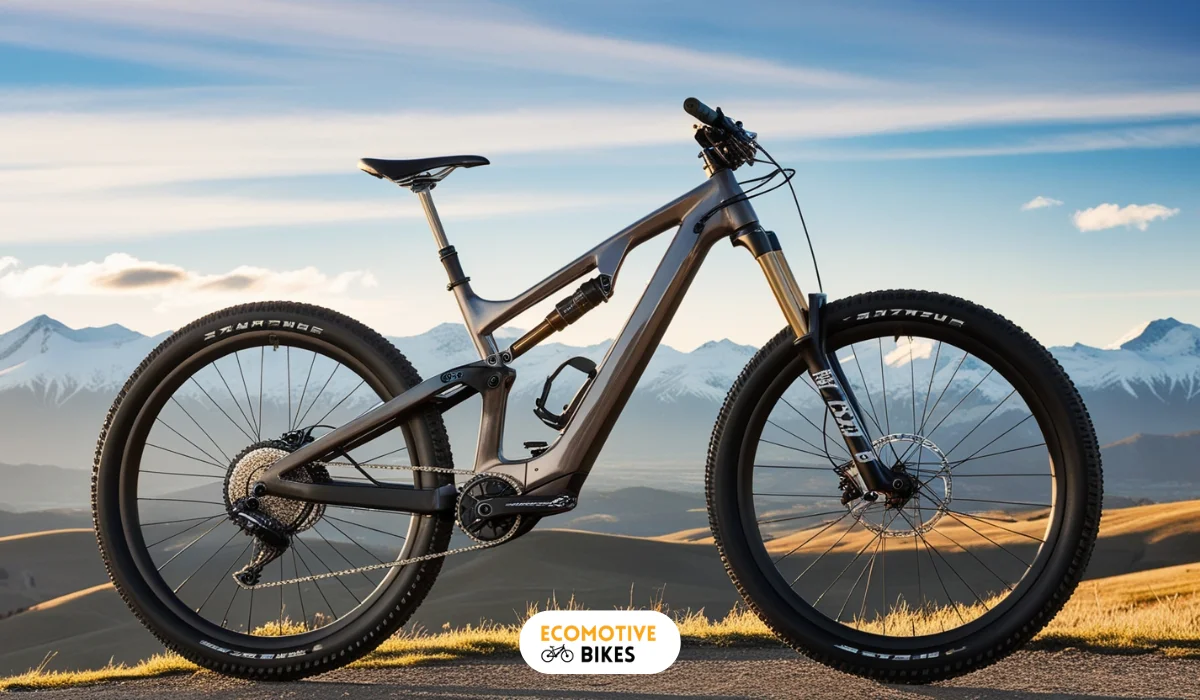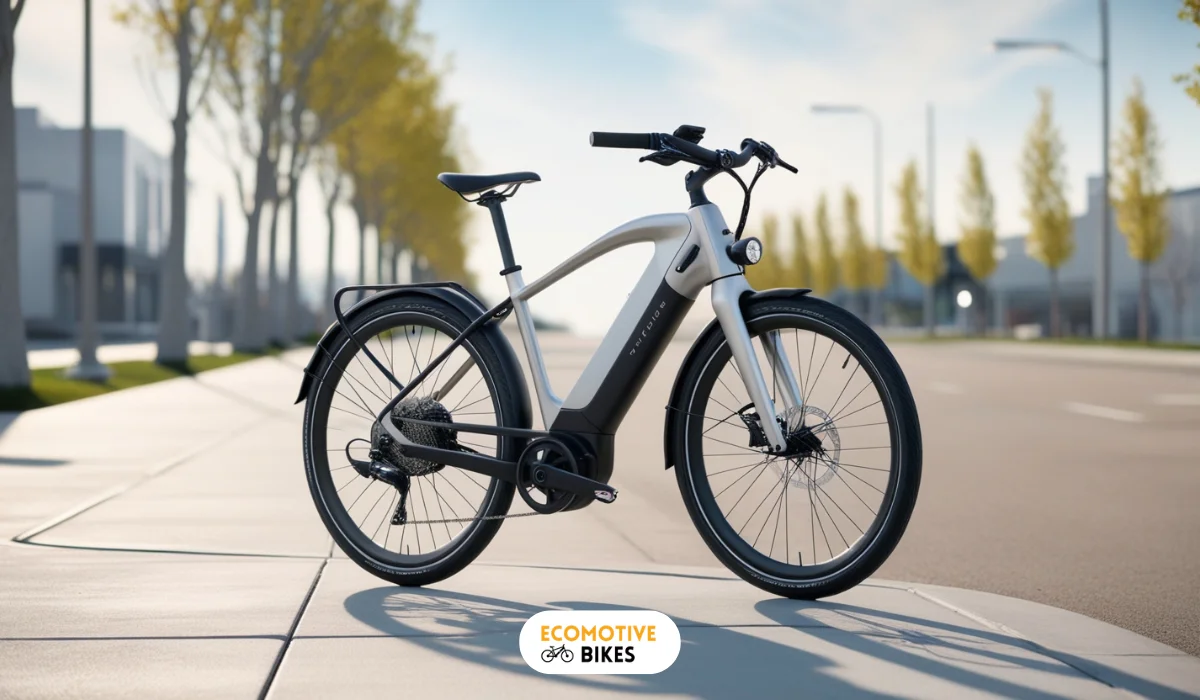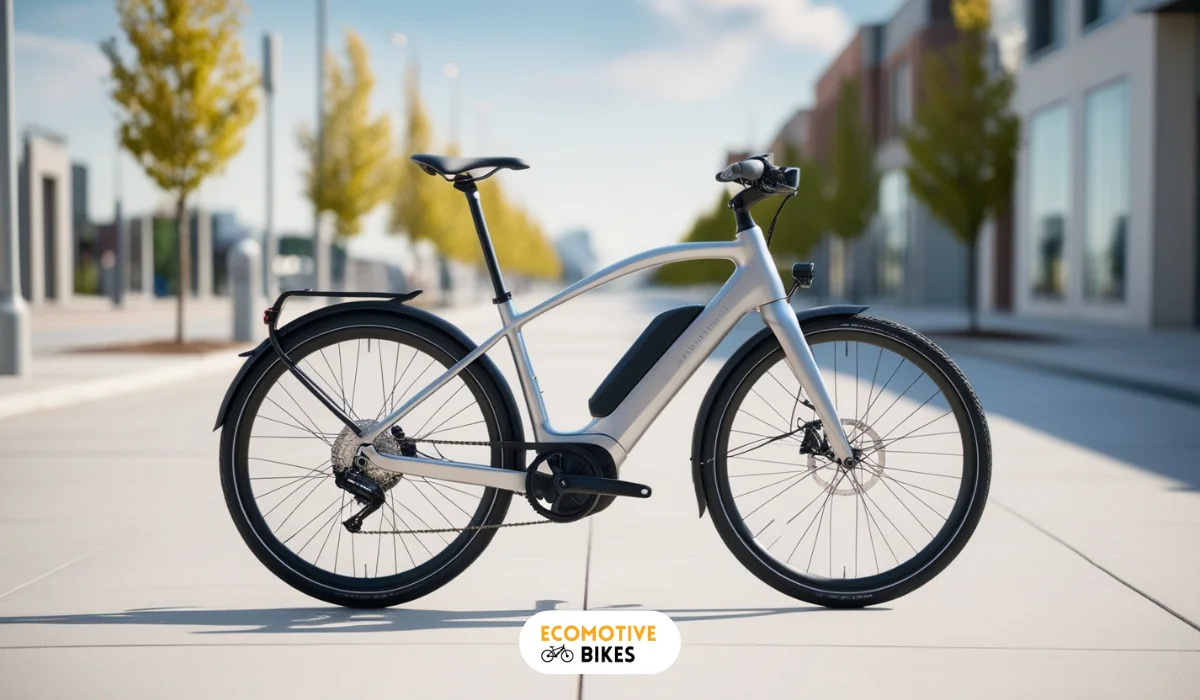EU Bike Infrastructure Plan To Create 1 Million Jobs By 2030
EU bike infrastructure plan to create 1 million jobs by 2030, boosting the economy and promoting sustainable transportation across Europe.
Table of Contents
Related Articles:
Just recently, a historic piece of legislation was passed in Brussels – the European Declaration on Cycling. This initiative, with 36 commitments, positions cycling as a strategic priority in the EU, aligning private cycling with other modes of transport.
The plan not only emphasizes pro-cycling measures but also emphasizes the importance of meeting climate accords and increasing access for older people and individuals with disabilities.
With an anticipated creation of 1 million new jobs by 2030, mainly in the service sector, the impact of this plan on the cycling industry is profound, and the blueprint it provides could potentially reshape the future of cycling infrastructure worldwide.
A Historic Moment for Cycling

EU Transportation Ministers Unite
The European Union has achieved a significant milestone in cycling infrastructure by uniting transportation ministers from each member nation to sign the European Declaration on Cycling. This historic gathering marks a collaborative effort to prioritize cycling as a strategic focus in the EU.
36 Commitments to Prioritize Cycling
With the European Declaration on Cycling, the EU has laid out 36 commitments to elevate cycling as a key priority. These commitments not only emphasize the importance of pro-cycling measures but also set a high standard for accountability, making it more challenging to backtrack on commitments to cycling infrastructure.
Prioritize initiatives call for positioning cycling as a vital measure in meeting climate accords, investing in cycling infrastructure, improving data collection on cycling for better policy evaluation, and enhancing accessibility for older people and individuals with disabilities. These efforts are expected to drive significant job growth in the cycling industry, with expectations of creating 1 million new jobs by 2030.
Aligning Cycling with Mobility Choices
Now, with the European Declaration on Cycling, private cycling is finally aligned with the rest of mobility choices in the EU. This initiative puts cycling at the same level of legal dignity as a car, emphasizing its importance in the overall transportation landscape.
Elevating Cycling to the Same Level as Cars
Choices now include cycling on par with cars, recognizing its significance in sustainable transportation solutions. The declaration ensures that cycling is a strategic priority in the EU, showcasing its importance alongside other traditional modes of transportation.
Environmental Benefits of Cycling
Aligning cycling with mobility choices not only promotes sustainable transportation but also highlights the environmental benefits of cycling over car usage. By positioning cycling as a vital measure in meeting climate accords such as the European Green New Deal, the EU is leading the way in promoting eco-friendly transportation options.
Investing in Cycling Infrastructure
Meeting Climate Accords through Cycling
Even with the increasing focus on sustainability, the transportation sector remains a significant contributor to greenhouse gas emissions. Investing in cycling infrastructure is a proactive step towards meeting climate accords and reducing the carbon footprint of transportation.
Gathering Data to Inform Policy Decisions
Informing policy decisions with accurate data is crucial for the success of any initiative. By gathering better data on cycling patterns and trends, governments can make informed decisions regarding infrastructure development and investment in cycling as a sustainable mode of transportation.
For instance, by tracking the routes most used by cyclists, governments can prioritize those areas for infrastructure improvements, creating a more cyclist-friendly environment and incentivizing more people to choose cycling as their mode of transportation.
Increasing Accessibility for Older People and People with Disabilities
With the commitment to making cycling more inclusive, governments can increase accessibility for older people and people with disabilities. By developing measures that cater to the specific needs of these demographics, such as accessible cycling lanes and rental services for adaptive bicycles, cycling can become a viable option for a broader range of individuals.
Advocating for safer intersections and easier access to bike-sharing programs can enhance the overall cyclist experience, making cycling a more attractive and practical choice for everyone, regardless of age or physical ability.
A Job Boom in the Cycling Industry
Expecting 1 Million New Jobs by 2030
For the cycling industry, the future is bright. Tony Grimaldi, President of Cycling Industries Europe, predicts that the industry will create 1 million new jobs by 2030. The bulk of these new jobs are expected to develop in the service sector, including bike assembly, maintenance, and tourism.
Service Sector Growth: Bike Assembly, Maintenance, and Tourism
To support the anticipated job boom in the cycling industry, a focus on service sector growth is crucial. This growth will include job opportunities in bike assembly, maintenance, and tourism. These roles will be crucial in supporting the increasing numbers of cyclists and ensuring their safety on the roads.
Maintenance and upkeep of bicycles will be a key aspect of the service sector growth, as more people embrace cycling as a mode of transport. Jobs in bike assembly and maintenance will become increasingly in demand as the industry continues to expand. Additionally, the tourism sector is expected to see growth, with a focus on cycling-related activities and experiences for travelers.
Summing up
With these considerations, the EU’s historic legislation on cycling infrastructure not only prioritizes cycling as a key component of transportation but also aims to create 1 million new jobs by 2030, particularly in the service sector.
The move aligns private cycling with other modes of transportation, emphasizing environmental friendliness and legal recognition. This declaration could serve as a blueprint for U.S. cities looking to improve pedestrianization and cyclability, in line with European advancements.





